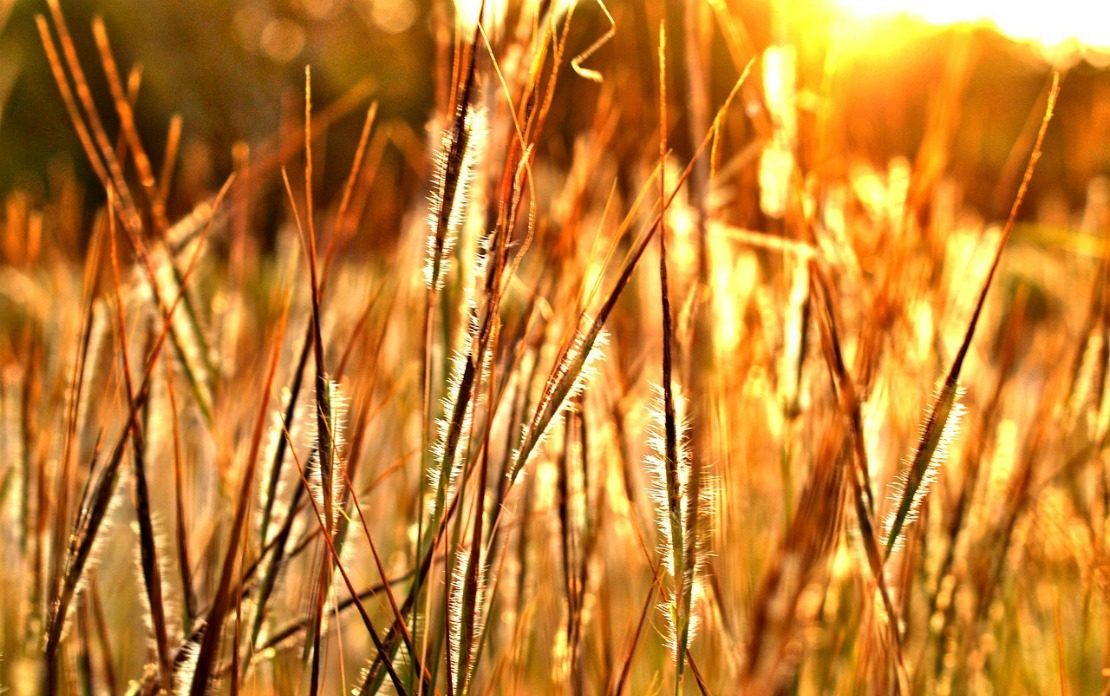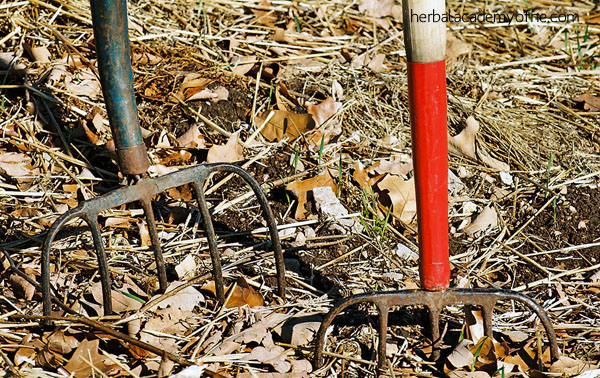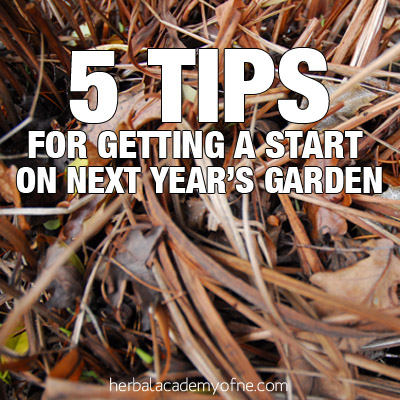
5 Tips for Getting a Start on Next Year’s Garden
With the coming of fall, it can be daunting to be faced with six months of very little gardening to do. Or, perhaps you decided halfway through the summer that you’d like to take up gardening but felt you missed an opportunity to grow anything this year. But just because we’re about to enter a world of cloudy days and frozen soil doesn’t mean that there’s nothing left to do. In fact, by getting a head start on next year’s garden, we can not only extend the gardening season by a couple of more weeks, but we can set ourselves up to be ready to go when next spring rolls around.
5 Simple Things To Do Now in Preparation For Next Year’s Garden
Choose your garden space.
If next year will be the first time you’ve planted a garden, you can take some time to find the right part of your property on which to plant it. Where you place your garden is directly related to what you plan to grow and what sort of resources it needs. If, for example, you plan to grow a lot of leafy greens and root vegetables, you may benefit from picking a spot that has a mix of sun and shade. On the other hand, if you want to grow vegetables that require as much sun as possible, such as fruiting vegetables like tomatoes, then you’ll want to pick a spot that gets full sun.
Weed in the fall.
It can help to weed your garden now, even though there are likely to be weeds that grow between now and next spring. With the ground still soft from the warm summer months, you will have a much easier time weeding now than after the ground has been frozen for a whole season. Learn more about “weeds” in the Online Intermediate Herbal Course.

Tillage.
As you may know, it can help to turn over soil on which you plan to plant—also known as tilling the soil. This process helps to aerate the soil and facilitate more easeful planting of the crops. But tilling in the fall can be of particular help as well, including leaving a smooth surface for planting in the spring.
Add organic matter months before gardening season.
By adding organic matter to the soil, such as dried tree leaves or manure, you can loosen up the soil and improve drainage. Work this matter into the top six or so inches of the soil.
Lay mulch or a bed of leaves over to protect the soil through the winter.
With winter comes the potential for quite a lot of precipitation and other seasonal activity. To protect all of your hard work from too much damage, lay mulch or a bed of leaves over your garden area. This will provide you with less work to do in re-cultivating the soil when it’s time to plant in the spring.
A couple of days of focused work on your garden now could lead to saving a week or more at the start of the next planting season. Try one or more of these tips out and watch how much easier it is to return to the garden next year.









